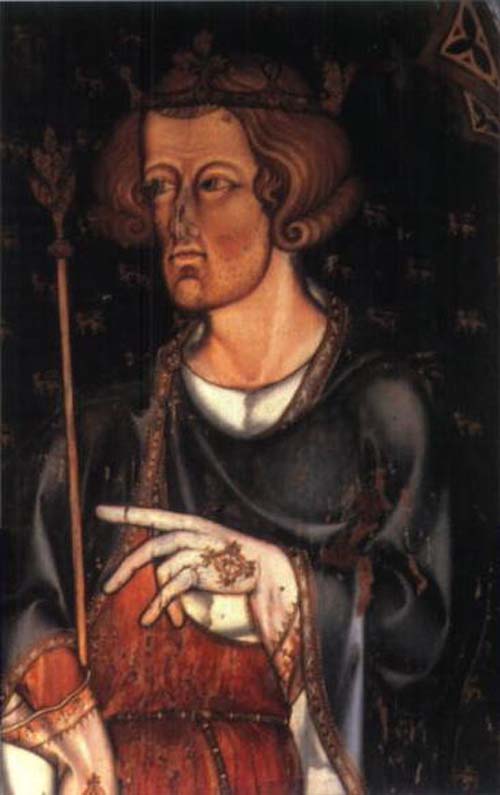Foreigners in England in the later Middle Ages
Historian article

Friend or foe?
In an era when there are great debates about immigration and what constitutes nationality, Mark Ormrod introduces us to a new research database which reveals that immigration was an important feature of economic, cultural and political debate in the period 1330-1550...
In the Middle Ages, the political configuration of the British Isles was very different from today. England and Scotland were separate kingdoms, and despite the efforts of various English kings to take over the northern realm, the two nations remained under their own rulers until James VI of Scotland became James I of England in 1603.
Ireland was treated as a lordship of the English crown from the twelfth century, and had its own delegated administration. Those parts of Wales that had been ruled by native princes down to the thirteenth century were treated as an English conquest and a personal fief of the English crown from the time of Edward I. These arrangements were further complicated by the long-term effects of the Norman Conquest and the reality (or the theory) of English rule in parts of northern, western and south-western France. The Channel Islands were (and are) ruled by the English monarch in the capacity of Duke of Normandy. When it came to other off-shore dependencies, such as the Isle of Man, the question of who had sovereign authority was a matter of constant negotiation and frequent ambiguity...
This resource is FREE for Secondary HA Members.
Non HA Members can get instant access for £2.49

